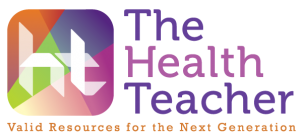Lately, much of my focus in class has been on getting the kids to challenge norms… things we’ve been conditioned to view as “rites of passage”. President Obama mentioned this in his 2010 speech about bullying, and I think it’s something we should look at when it comes to our other content areas as well.
Media and cultural influence are a big part of the decision making process for teens (adults too), and we need to be looking at these messages with a critical eye.
One area in which we could be doing more of this is teen drinking.
Often times, parents and adults look at drinking as just part of the college experience, so they tend to go with a “don’t ask, don’t tell” policy, which is actually making the problem worse.
This new study done by Jeff Hayes, a professor of counseling psychology at Penn State, reveals that students who had people in their lives expressing concern over binge drinking were more likely to be concerned themselves.
With 1 in 4 college students suffering academic problems due to alcohol, this is another reason for us to beef up alcohol education in our classes…. and share some of the recent statistics with the kids.
The consequences of binge drinking on college campuses can be dire, both for the student and others, according to Hayes. He pointed to a statistic that more than half of college students who sought counseling reported drinking alcohol at a level considered to be “hazardous” by the World Health Organization.
We prepare the kids for college in so many ways… shouldn’t their wellness be one of them?



